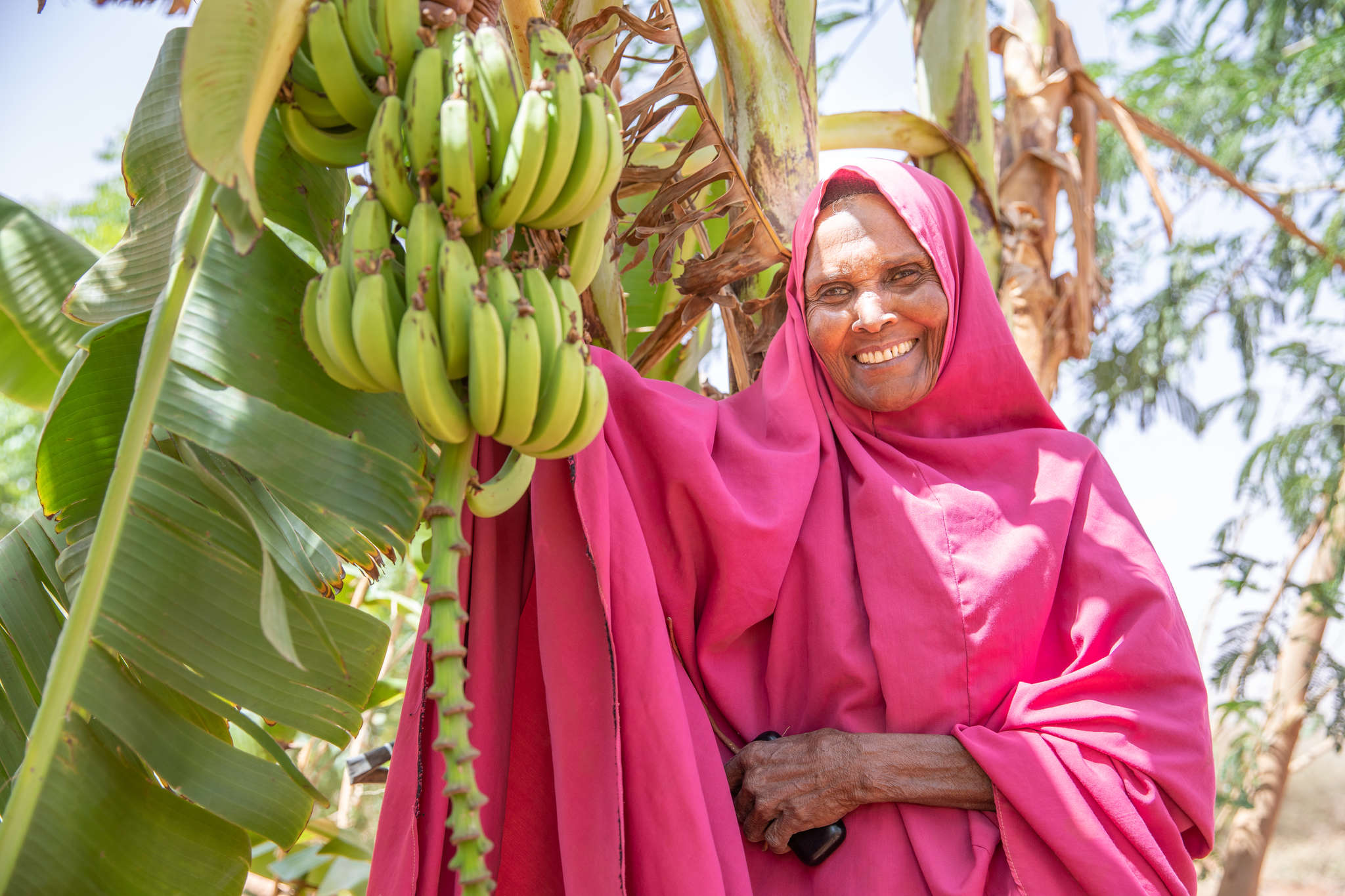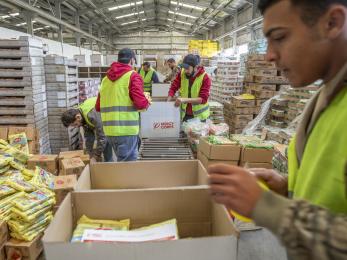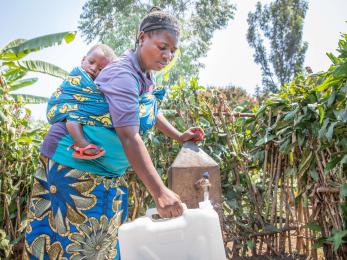Improving life in a refugee camp
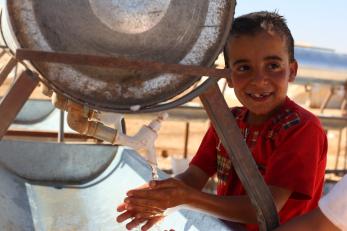
The Zaatari refugee camp is practically unrecognizable from the giant dustbowl it was when it opened this past July. The sea of tents in the middle of the Jordanian desert is now home to as many as 45,000 people, just ten kilometers from the Syrian border that many crawled across under the cover of darkness to escape the entrenched civil war in their own country.
The standard of living here has improved over the past few months. Conditions were so rudimentary at first that many refugees refused to be moved to Zaatari.
But now tents are slowly being replaced with prefabricated houses; the portable toilets are long gone and in their place are fully concreted toilet and shower facilities, including areas for washing clothes, all with running water; there is a functioning school and a number of areas dedicated to activities for children.
Some residents are even setting up informal businesses, from barber services to fresh fruit and vegetable stalls. Now some refugees that have been spread out across Jordan are voluntarily coming to Zaatari where they do not need to worry about finding employment to pay rent or buy food and other necessities.
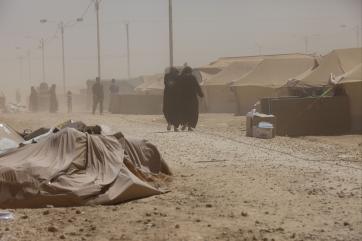
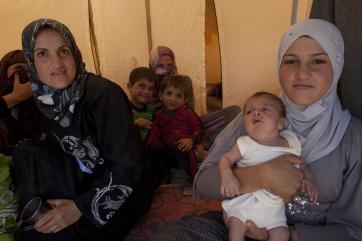
Still, this is not home. During the summer, the scorching heat was unrelenting and relief was minimal in stuffy tents. Dust was suffocating, as heavy machinery and water tankers bringing the daily delivery of 50 liters to each person stirred up the sand. One child died of respiratory issues.
The U.N. Refugee Agency that runs the camp has since introduced gravel to minimize the dust. And soon, the hundreds of water tankers will not be required — our teams began digging the first of two new deep wells in October to bring a sustainable source of water into the camp.
Now that it is winter, rain is waterlogging mattresses on the ground, families do not have warm clothes and blankets, and limited electricity makes heat scarce. Many people hoped to be home by now and are not prepared for inclement weather. We’ll help improve the temporary shelters to withstand the cold weather and distribute clothing, blankets, mattresses, gas heaters and a three-month gas supply more than 1,200 families.
